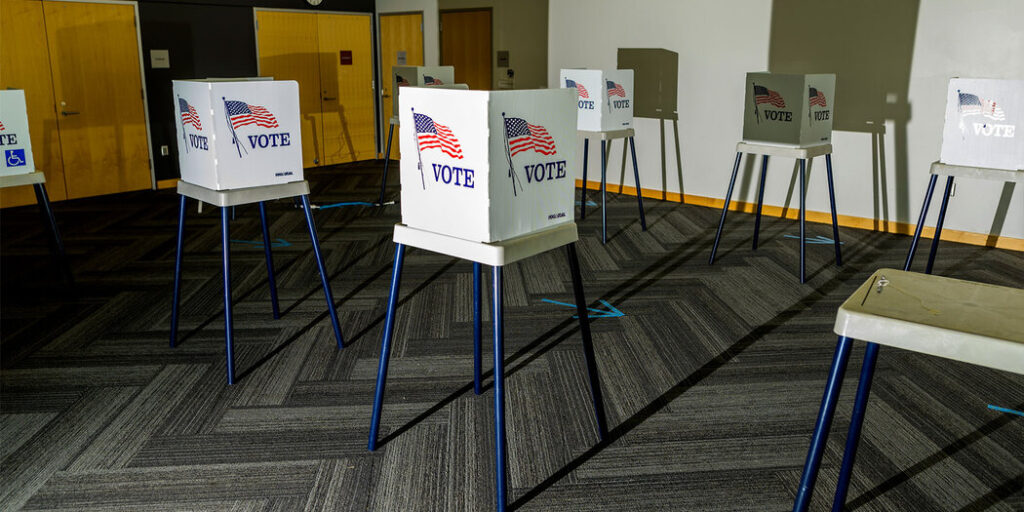Voter Roll Controversies Emerge in Alabama and Virginia
In the weeks leading up to Election Day, significant actions in Alabama and Virginia have sparked debate over voter roll maintenance and eligibility. Both states undertook efforts to remove thousands of voters, citing concerns about noncitizens being mistakenly registered. These actions are raising questions about voter disenfranchisement and election integrity, especially as federal election laws aim to protect eligible voters.
Federal regulations mandate that states regularly update their voter rolls. However, they prohibit systematic purges within 90 days of a federal election to prevent the removal of eligible voters who would not have enough time to re-register.
Virginia recently removed over 1,600 individuals from its voter rolls, claiming these were noncitizens. The Department of Justice, along with several private plaintiffs, challenged this action in court. On October 25, a federal court ordered Virginia to reinstate those voters. Despite this ruling, the Supreme Court later intervened on October 30, allowing the state to delay reinstatement until the appeals process concludes, potentially past the election.
The situation in Alabama mirrors that of Virginia. In August, Secretary of State Wes Allen targeted over 3,000 alleged noncitizens for removal. Similar to Virginia, no individuals on the list were confirmed as noncitizens, and hundreds have asserted their citizenship in response to cancellation notifications. A federal judge has since blocked this initiative.
Research indicates that noncitizen voting is exceedingly rare. The Brennan Center reported only 30 suspected cases in the 2016 election out of 23.5 million votes. A recent audit in Georgia identified just 20 noncitizens registered out of over 8.2 million people. Such data supports the conclusion that noncitizen voting is minimal, partly due to the legal consequences, including potential imprisonment and deportation.
While states are encouraged to remove ineligible voters, including noncitizens, during the protected 90-day period before elections, these removals require careful, individual assessments rather than broad database matches or form letters. Current federal laws aim to protect these processes from errors that could disenfranchise eligible voters.
The broader implication of these purges appears to be casting doubt on the integrity of American elections. This skepticism might embolden those dissatisfied with election results to allege wrongdoing. Despite court losses, some officials, like Virginia Attorney General Jason Miyares, have claimed that judicial decisions against the purges represent a political maneuver, while failing to acknowledge the disenfranchisement of eligible voters.
As evidence consistently shows that only citizens are participating in elections, the public’s confidence in electoral processes and the officials who manage them should strengthen.





